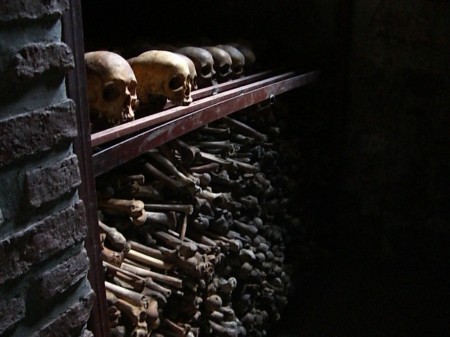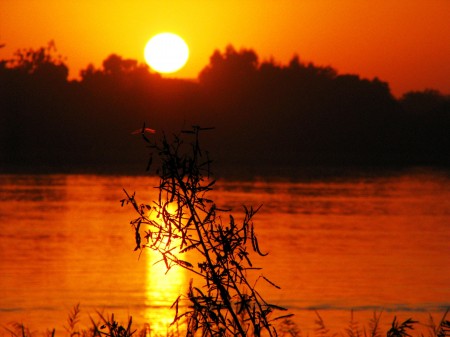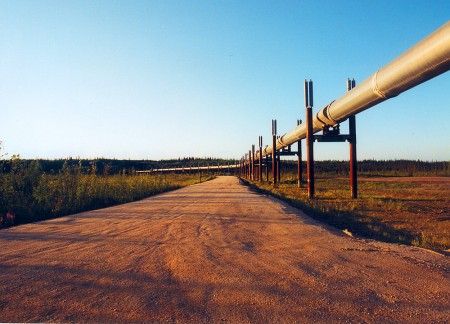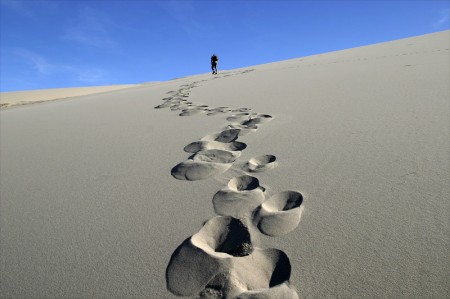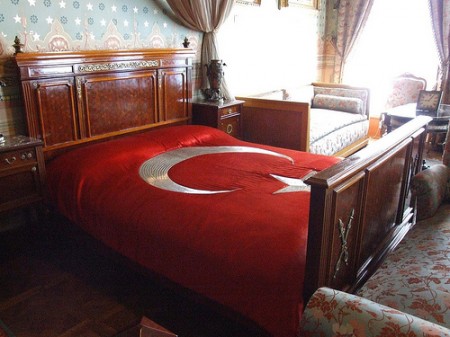
This week the ISN explores the geopolitical implications of Turkey’s strategic location at the intersection of civilizations. For the first time since its Ottoman glory days, the country appears poised to capitalize on its position at the crossroads of East and West.
In this week’s Special Report:
- An Analysis by Philip McCrum examines Turkey’s rising geopolitical prowess on the regional and international stage.
- A Podcast interview with Dr Ali Tekin explores the political gravitas Turkey has gained through its status as a pipeline thoroughfare.
- Security Watch stories about a brewing military coup scandal, energy pipeline politics, regional relations and much more on Turkish current affairs.
- Publications housed in our Digital Library, including a recent Atlantic Community paper on how the US and EU are “Seizing Opportunities from Turkey’s Growing Influence”.
- Primary Resources, like the full text of Ataturk’s speech on the tenth anniversary of the Turkish republic.
- Links to relevant websites, among them the Central European Journal of International and Security Studies’ analysis of “Turkey’s Strategic Imperatives (2010-2012)”.
- Our IR Directory with relevant organizations, including the Turkish Statistical Institute.

